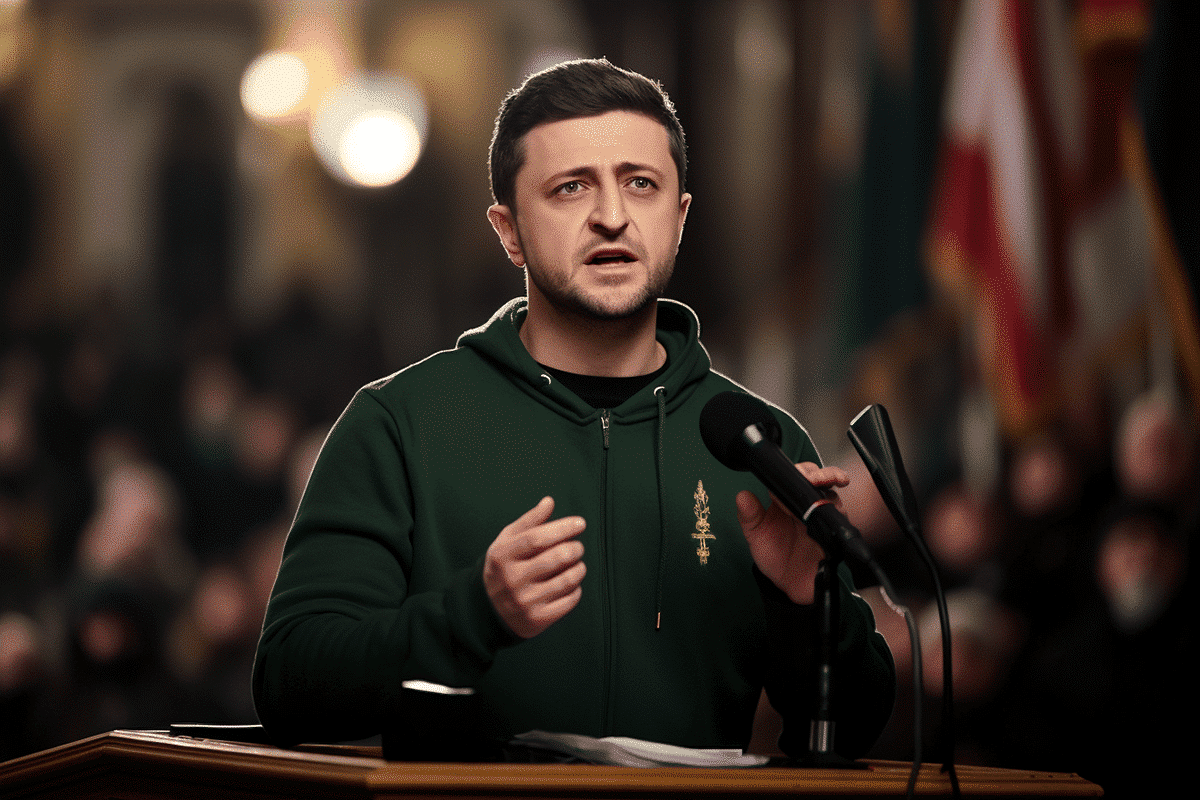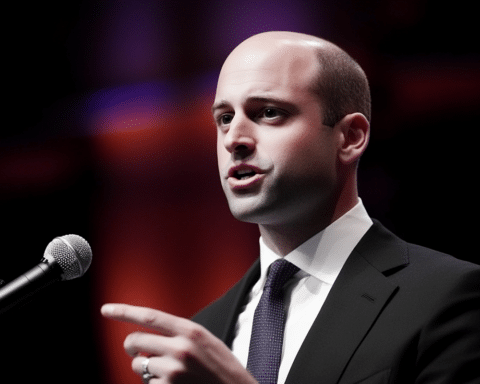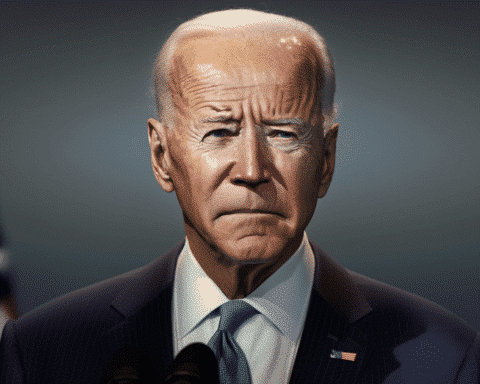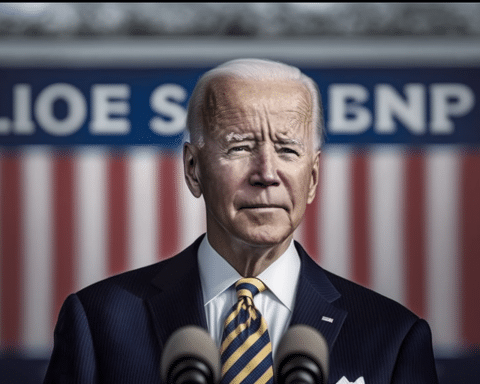Ukrainian President Volodymyr Zelenskyy’s recent arrival on Capitol Hill marks a pivotal moment in the ongoing struggle for support against the Russian invasion, now entering its third year. Unlike his last visit, marked by a hero’s welcome, Zelenskyy faces a grim reality: the potential collapse of a crucial $110 billion U.S. aid package. This package, vital for Ukraine, Israel, and other national security concerns, teeters on the brink as partisan politics in Congress threaten its passage. The situation underscores the high stakes of international politics and the complex dynamics within U.S. legislative processes.
Senator Chris Coons, a close Biden ally, expressed frustration, saying, “It is maddening… A terrible message to the world, to the Ukrainian people.” His sentiment reflects the broader concern about the impact of stalled aid on global perceptions and the morale of those directly affected by the conflict.
John Kirby of the National Security Council highlighted the aid’s significance: “This additional funding will help Ukraine claw back even more of their territory and kick the Russians right out of Ukraine.” This statement underscores the aid’s potential impact on the conflict’s trajectory.
However, the mood in Congress was sombre, with Sen. James Lankford remarking that nothing Zelenskyy could say would change the outcome: “Hey, pay attention to us, but not your own country? No.”
National Security Council spokesperson Adrienne Watson emphasized the urgency: “It is more critical now than ever that we maintain our support for Ukraine so they can continue to hold the line and regain their territory.”
Zelenskyy’s Capitol Hill visit, amidst the backdrop of stalled negotiations and shifting political tides in the U.S., signifies a crucial juncture in the ongoing conflict in Ukraine. The outcome of these talks and the fate of the aid package will not only shape the course of the Ukrainian resistance but also signal the U.S.’s stance on international conflicts and humanitarian crises. The decisions made in these corridors of power will resonate far beyond the walls of Congress, affecting global geopolitics and the lives of millions in Ukraine and beyond.




